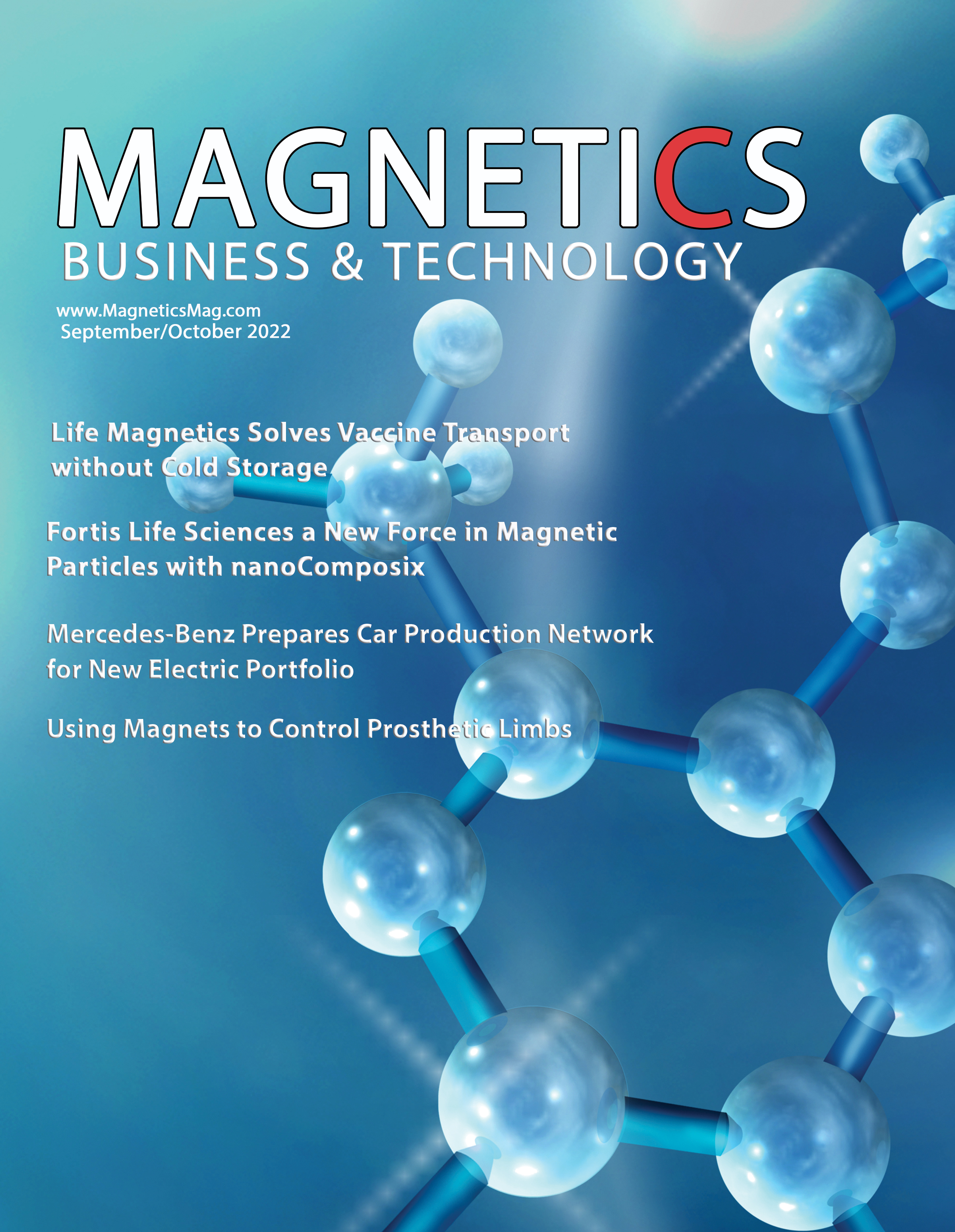By Stan Trout – Spontaneous Materials
Sometimes we need to experience something in another context to appreciate its wisdom in our own frame of reference.
My most recent reminder with this bit of insight came during a visit to a college campus in Ohio a few months ago. I said something about corporate life that provoked a very strong reaction from my hosts, uproarious laughter. This was mildly surprising, since it was not my intention to be humorous at that moment. Since then, I have deliberately repeated the comment during several other visits to college campuses to see if the reaction among academics is universal. I can report that it is. The comment was, “in the corporate world, people believe that if you know a subject well, you can automatically teach that subject.”
What I think my academic friends are trying to tell us with their laughter is we have the wrong idea about knowing vs. teaching. Their message to us is the two skills are completely distinct and separate, and it is incorrect to associate them with each other. If you think back on your own experience, you may recall like I do, that some very knowledgeable people can explain things well and others really struggle just to get the words out. These are distinct skills to be sure, but not mutually exclusive, either. There is some overlap. I would guess that the overlap between knowing and teaching is small, maybe 10 to 20 percent of the population can actually teach a subject that they know well. Here is the Venn Diagram I imagine exists for magnetics.

So what are we to do? Obviously, as someone who teaches magnetic technology as part of his livelihood, I think the obvious solution is to take advantage of any opportunity to hone our skills by working with individuals who have both qualities. Fortunately one such opportunity is coming up at the end of January where there will be several opportunities to learn from people who both know their stuff and can explain it to others, please follow the link below to learn more. I hope to see you in Orlando.
http://www.magneticsmag.com/conferences/category/workshops/
 About the Author
About the Author
Dr. Stan Trout has more than 35 years’ experience in the permanent magnet and rare earth industries. Dr. Trout has a B.S. in Physics from Lafayette College and a Ph.D. in Metallurgy and Materials Science from the University of Pennsylvania. Stan is a contributing columnist for Magnetics Business & Technology magazine. Spontaneous Materials, his consultancy, provides practical solutions in magnetic materials, the rare earths, technical training and technical writing. He can be reached at strout@ieee.org.



Excellent observation well presented.
Exploring my past experiences, as you rightly mentioned, one would find instances in academic as well as in business arena confirming that the two skills are indeed distinct.
While reading your blog, an instance that my father mentioned popped up in my mind. My father was a medical doctor practicing Internal medicine. Nearby there was another doctor, his college mate, who utterly failed in his practicing Internal medicine in spite he stood first in examination! Having knowledge is one thing and successfully translating it into an intended end use is another – two distinct skills.
I extend your subject matter a bit further.
With two skill variables – subject knowledge and ability to explain – there are four possible combinations. They are:
(1) know the subject well and able to explain well
(2) know the subject well and not able to explain well
(3) not know the subject well and able to explain well
(4) not know the subject well and not able to explain well
You talked the first combination and it is the best combination for a learner to strive for. If I hit the combination no. 1, I will learn to best of my learning capacity.
If I come across combination no. 2, I might remain confused and/or learn myself as much clearly I could decipher through the subject myself.
The combination no.3 would be dangerous to a learner if he/she does not have enough discriminating power!
To work with one having combination no. 4 would be waste of time, efforts and possibly money.
Like for a patient selecting a doctor, for a learner selecting a teacher becomes an important factor. Even with best efforts, one might end up being wrong!